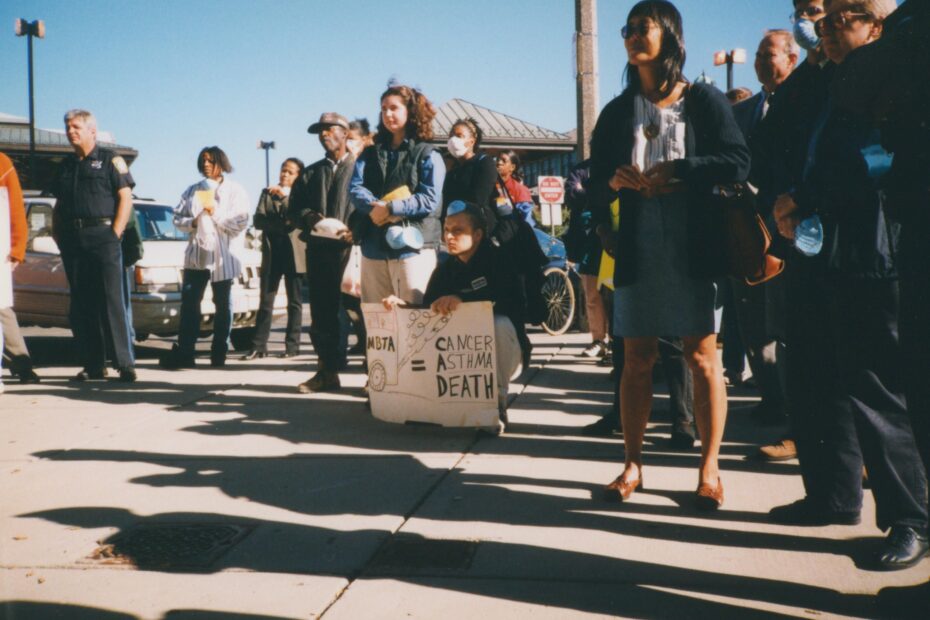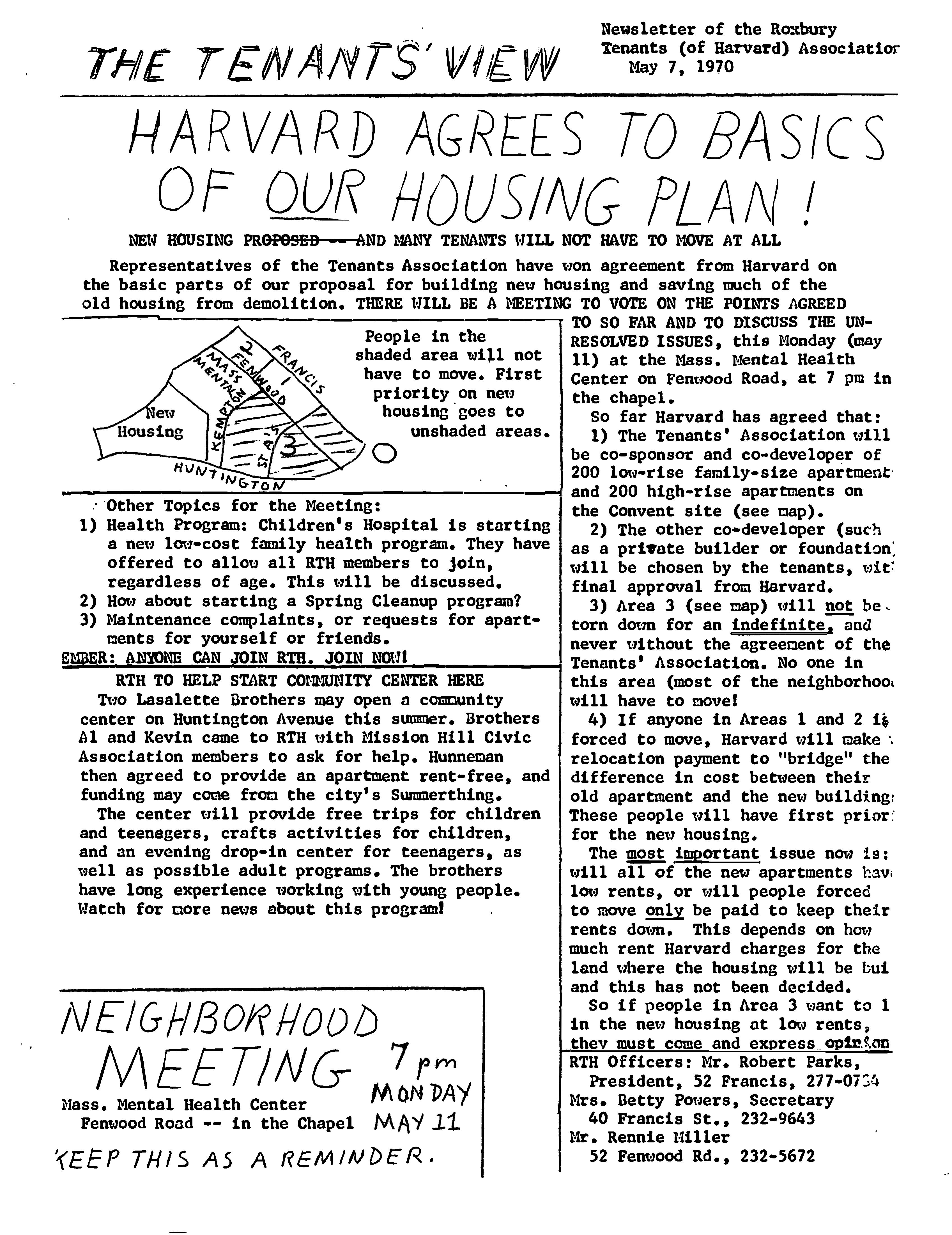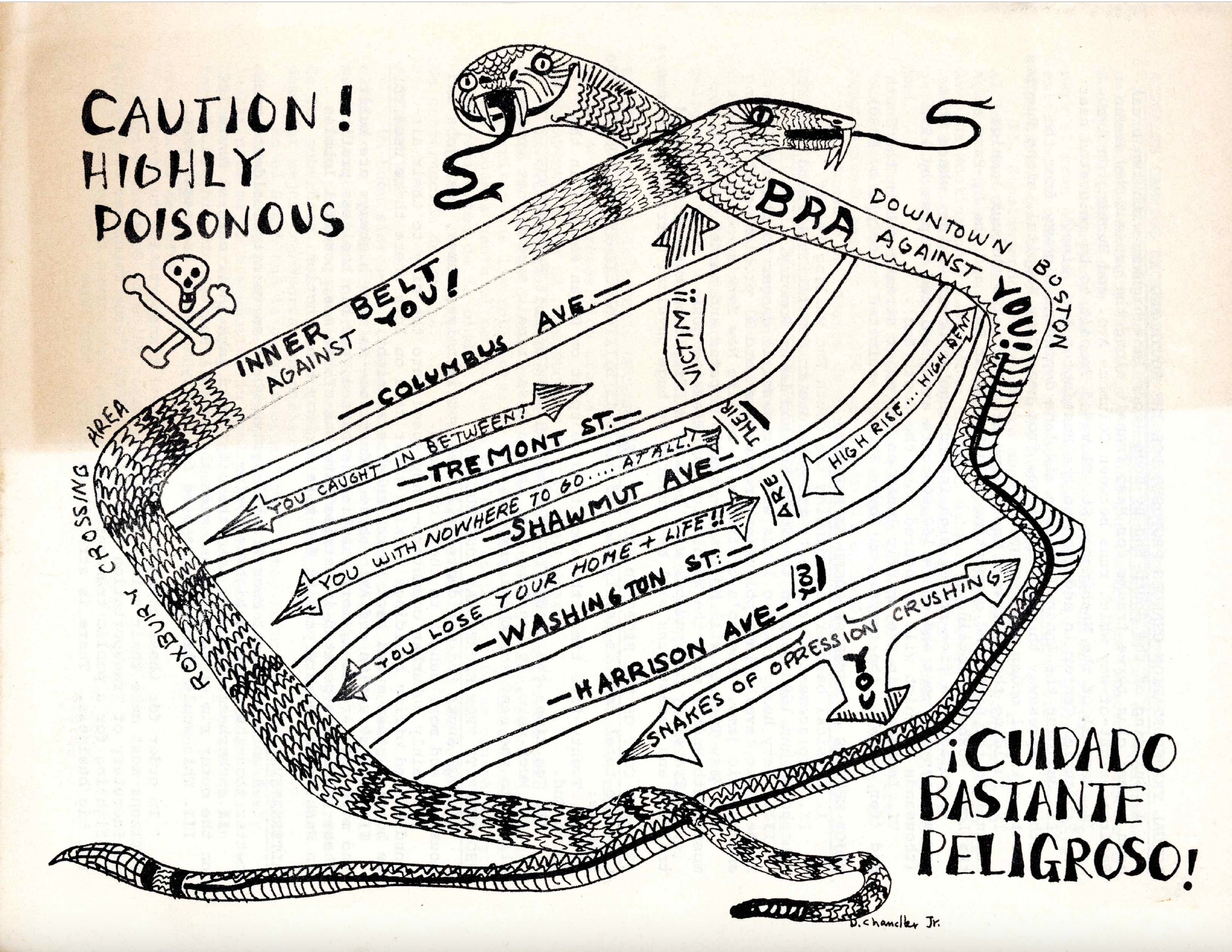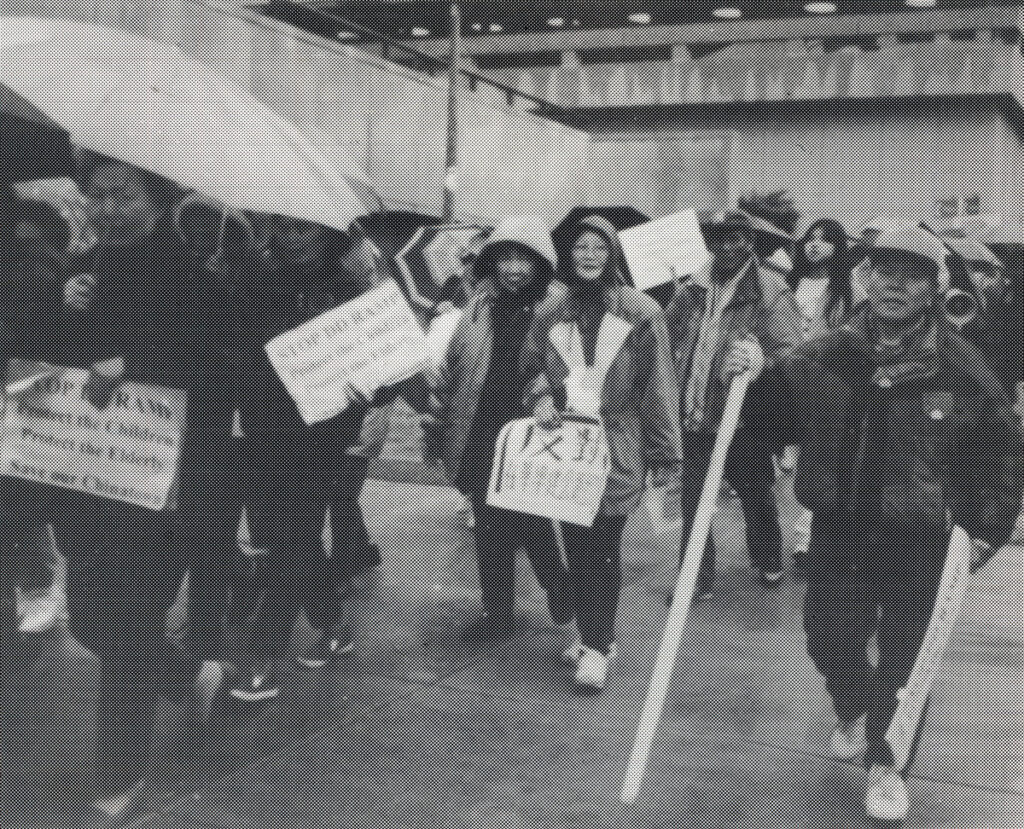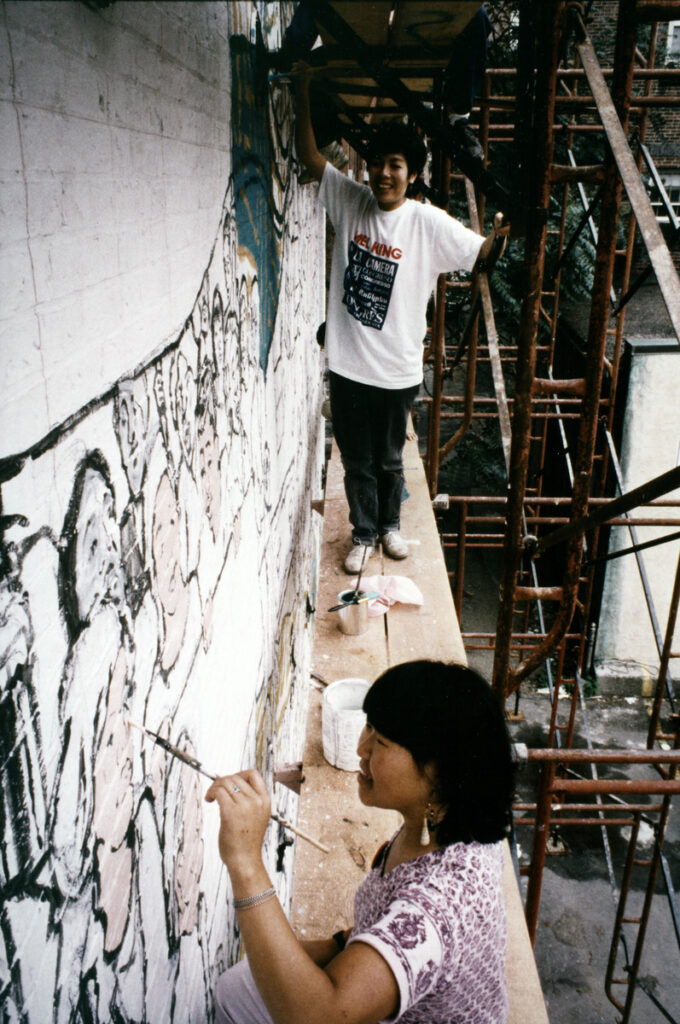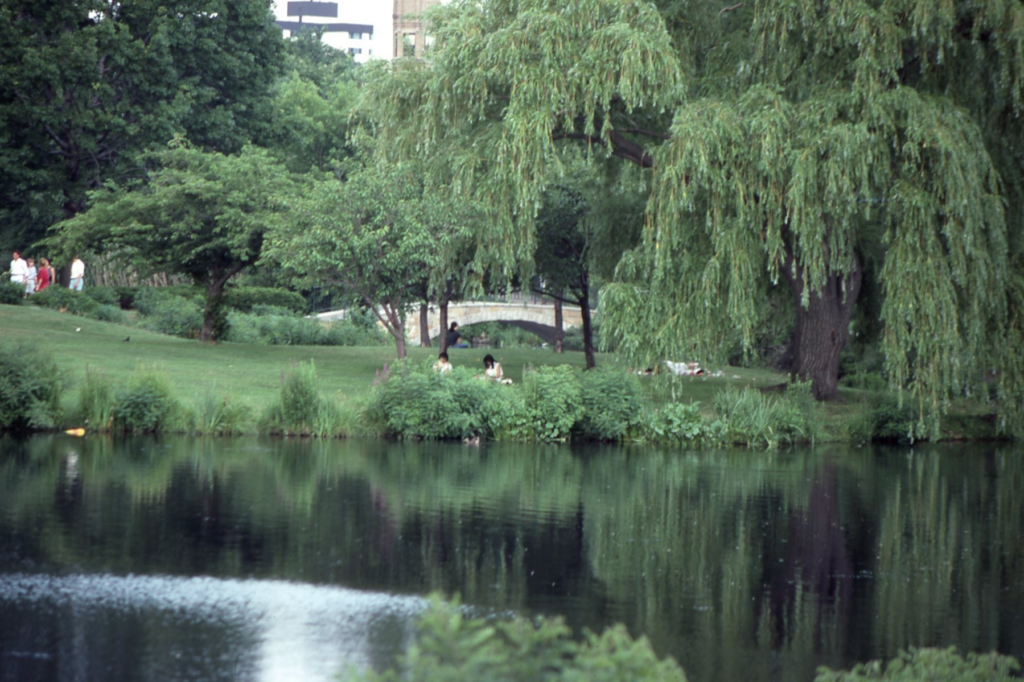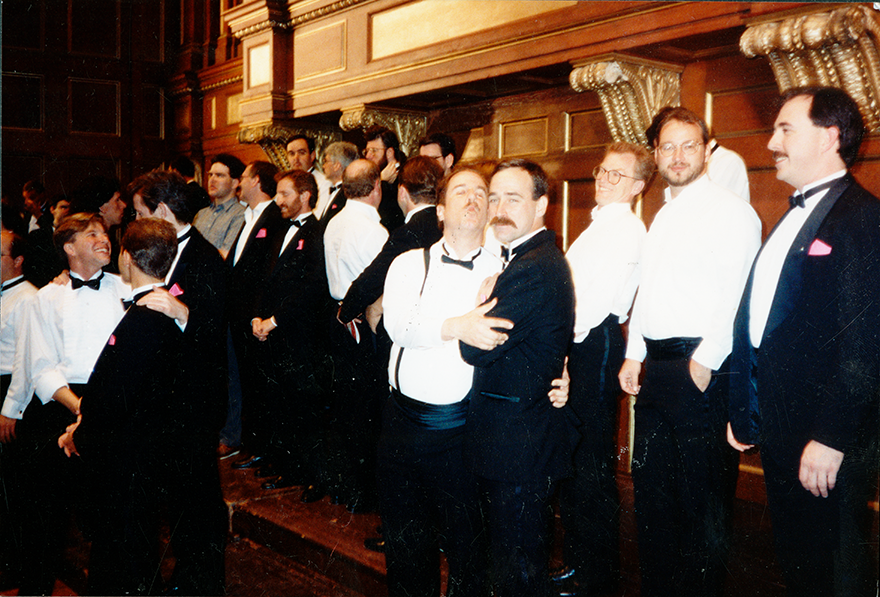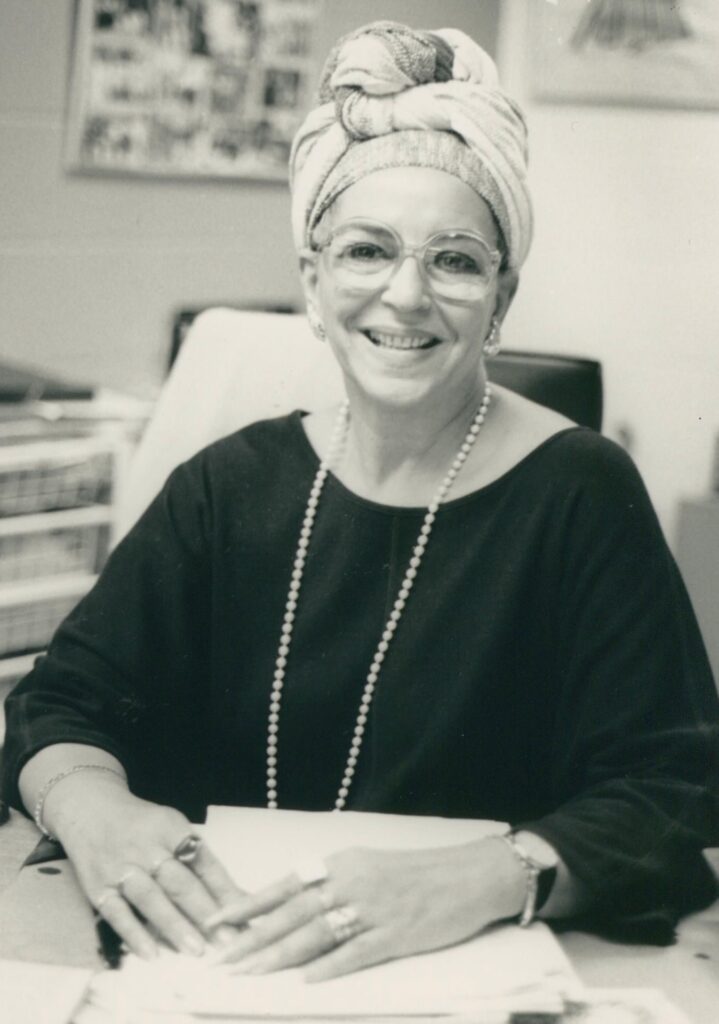Ready to Research: Alternatives for Community and Environment (ACE) Records
Records for Alternatives for Community and Environment (ACE), a non-profit environmental justice organization, have been processed and are ready for research in the Northeastern University Archives and Special Collections (NUASC).
ACE was founded in 1993 and is still active today. Based in Roxbury, the group seeks to eradicate environmental racism and classism through legal strategy, community organizing, and outreach. Examples of urban pollutants that disproportionately impact low-income communities and communities of color, and that are the focus of ACE’s attention, include vehicle transmissions, waste management, and industrial facilities such as asphalt plants.
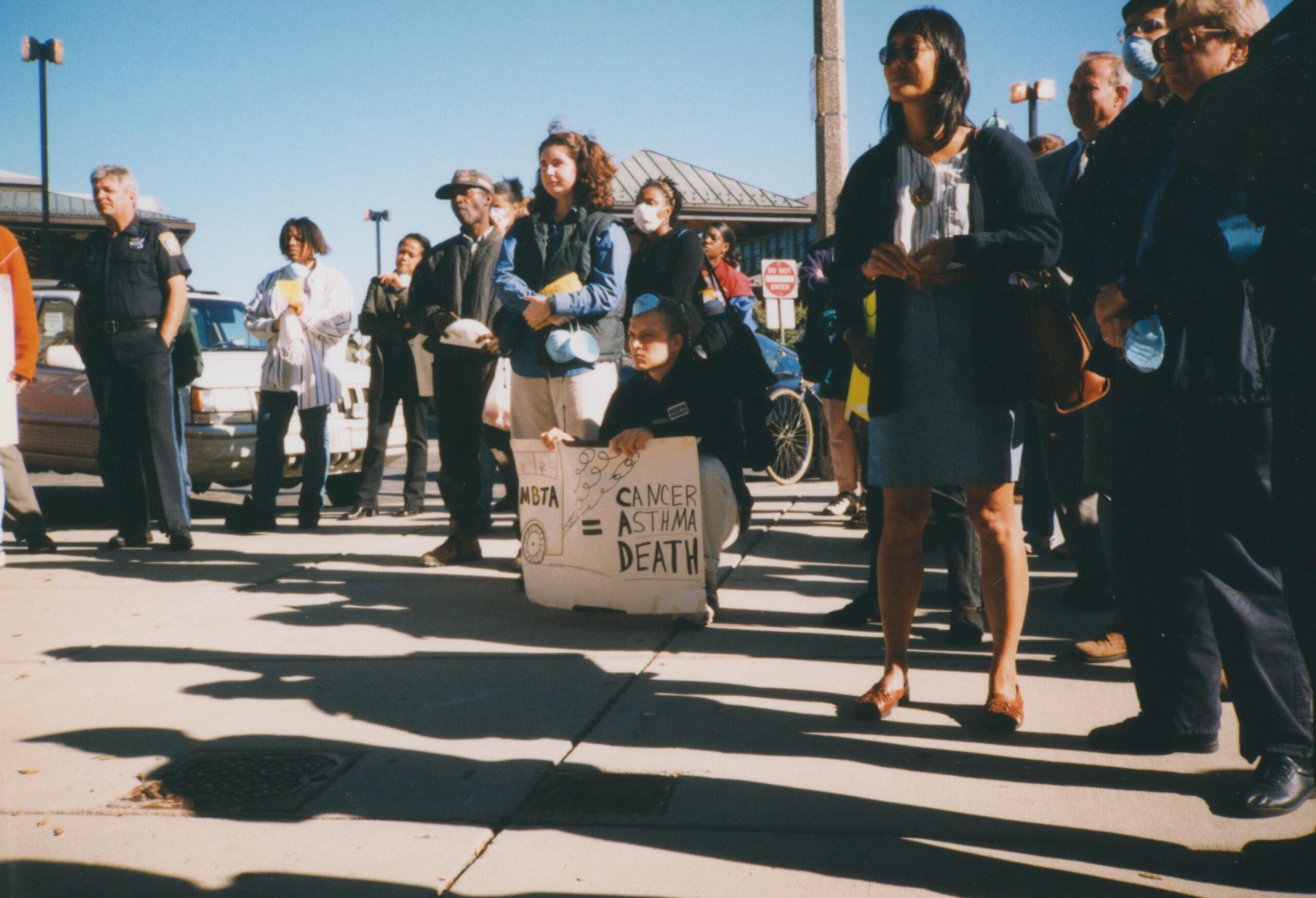
The collection guide provides contextual information and folder-level container lists for 130 boxes of records containing administrative, staff, program, and communications files; audiovisual recordings and photographs; born-digital media formats such as floppy disks and compact discs; and published and unpublished literature. Overall, these records document regional and occasionally national environmental justice activism, community organizing, and the workings of a small non-profit organization.
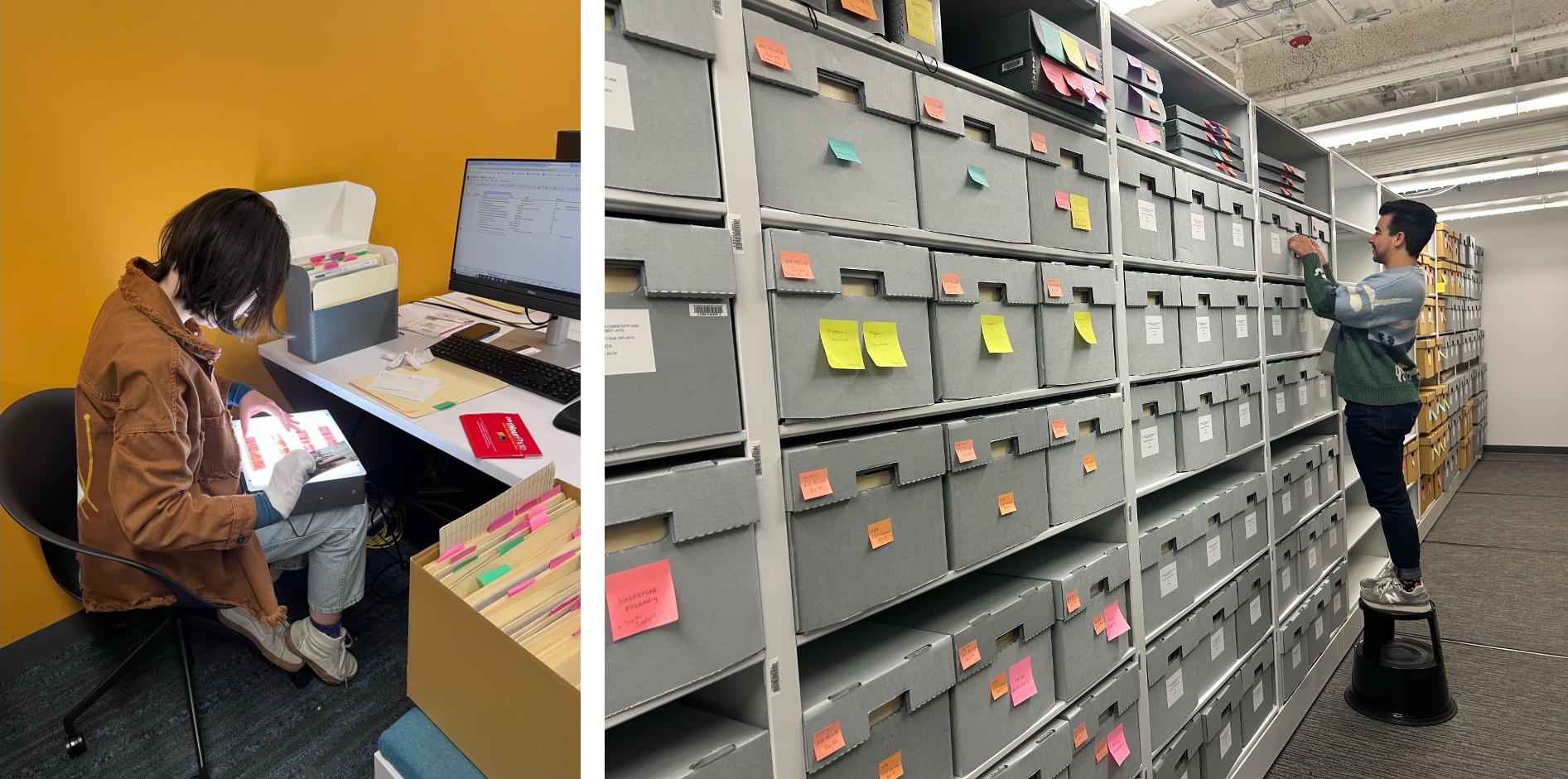
Processing assistants Julia Lee and Aleks Renerts, who have both been with NUASC for over two years, contributed significantly to the processing of this collection. They conducted preservation and arranged material in over 100 boxes, maintained spreadsheets, consolidated and labeled boxes, numbered folders, sleeved and organized thousands of photographs, interfiled newspaper clippings into one chronological sequence, and more.
To access the Alternatives for Community and Environment (ACE) records, email NUASC at archives@northeastern.edu.
